Mangoes are beloved for their sweet, juicy flesh and tropical flavor. They are a versatile fruit used in a variety of culinary applications and offer numerous health benefits. Here’s a comprehensive look at mangoes:
Characteristics:
- Appearance: Oval or kidney-shaped fruit with a smooth, waxy skin that ranges in color from green to yellow, orange, or red. The flesh inside is bright yellow or orange and is juicy and fibrous.
- Flavor: Sweet, slightly tangy, and tropical with a rich, aromatic taste.
- Texture: Juicy and smooth with a slightly fibrous texture around the pit.
Types of Mangoes:
- Alphonso (Hapus): Known for its rich, creamy texture and intense sweetness. Often considered one of the best varieties.
- Haden: Medium to large fruit with a sweet, fruity flavor and a slightly fibrous texture.
- Tommy Atkins: Commonly found in supermarkets, with a mildly sweet flavor and firmer texture.
- Kent: Known for its juicy and sweet flesh with minimal fiber.
- Keitt: Large, with a sweet-tart flavor and slightly fibrous texture. Often available later in the season.
Nutritional Benefits:
- Vitamins and Minerals: Rich in vitamin C, vitamin A, vitamin E, and several B vitamins. Contains potassium, magnesium, and manganese.
- Antioxidants: Packed with antioxidants like beta-carotene and polyphenols, which help protect against oxidative stress and inflammation.
- Fiber: Provides dietary fiber, which supports digestive health and helps maintain regular bowel movements.
Culinary Uses:
- Fresh Eating: Enjoy fresh as a snack or in fruit salads.
- Juices and Smoothies: Blended into smoothies or made into fresh juice.
- Cooking: Used in savory dishes such as mango salsas, chutneys, and curries.
- Desserts: Incorporated into desserts like mango sorbet, puddings, and cakes.
- Salsas and Sauces: Adds sweetness and flavor to salsas and sauces for use with meats or fish.
Health Benefits:
- Digestive Health: High fiber content aids in digestion and helps prevent constipation.
- Immune Support: Vitamin C supports the immune system and helps the body fight infections.
- Eye Health: Vitamin A and beta-carotene are beneficial for eye health and may help prevent age-related vision issues.
- Skin Health: Antioxidants and vitamins support healthy skin and may help improve its appearance.
Storage:
- Unripe Mangoes: Store at room temperature until they ripen. Ripening can be sped up by placing them in a paper bag.
- Ripe Mangoes: Store in the refrigerator for up to a week.
- Cut Mangoes: Store in an airtight container in the refrigerator for up to 3 days. Can also be frozen for later use in smoothies or desserts.
Cutting Mangoes:
- Peel: Use a vegetable peeler or knife to remove the skin.
- Slice: Cut the mango along the sides of the large, flat pit. Slice the flesh into cubes or strips.
- Remove Pit: Use a knife to carefully cut away any remaining flesh from the pit.
Popular Recipes:
- Mango Salsa: Combine mango with onions, cilantro, lime juice, and chili for a refreshing salsa.
- Mango Lassi: Blend mango with yogurt, milk, and a touch of cardamom for a traditional Indian drink.
- Mango Smoothie: Blend mango with other fruits, yogurt, or coconut milk for a tropical smoothie.
- Mango Chutney: Cook mango with spices and sugar to make a tangy chutney for pairing with meats or cheeses.
Tips:
- Ripeness: Choose mangoes that give slightly to gentle pressure. They should be fragrant and not too firm or overly soft.
- Freezing: Peel and cut mango into chunks before freezing. Great for use in smoothies and desserts.


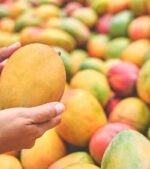
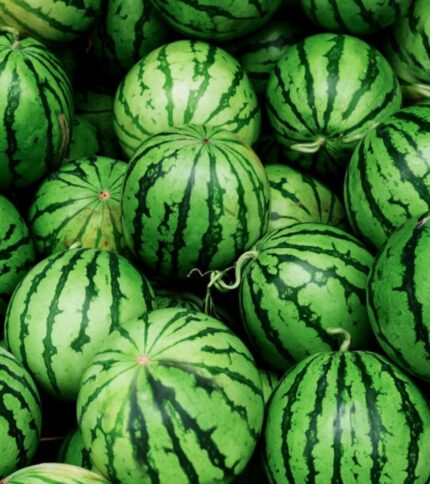
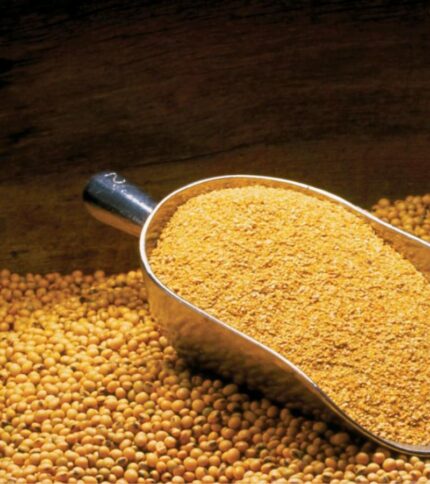


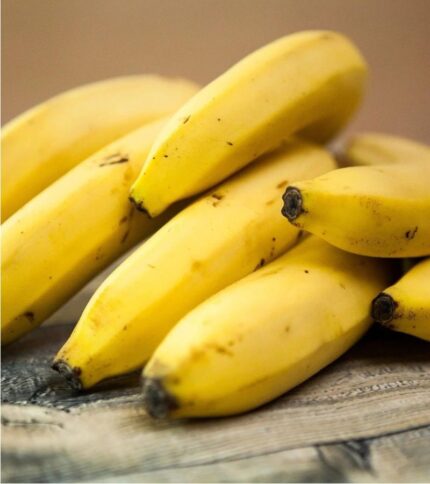
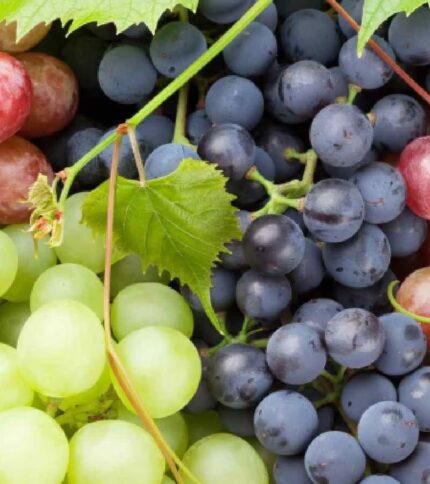

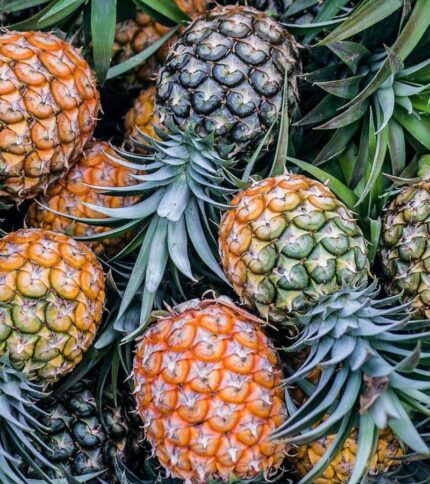
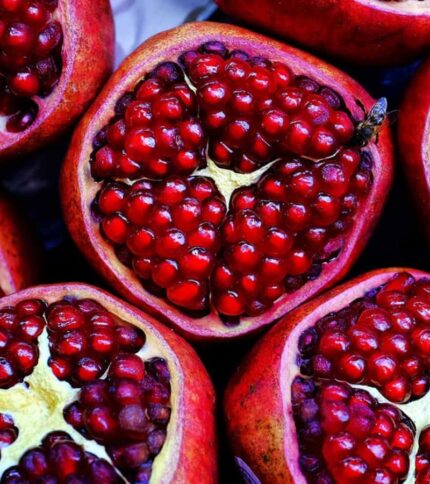
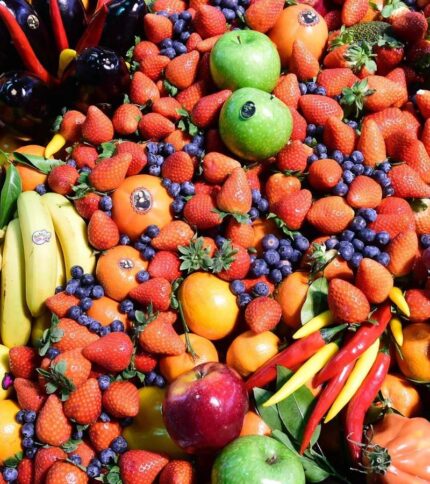
Reviews
There are no reviews yet.